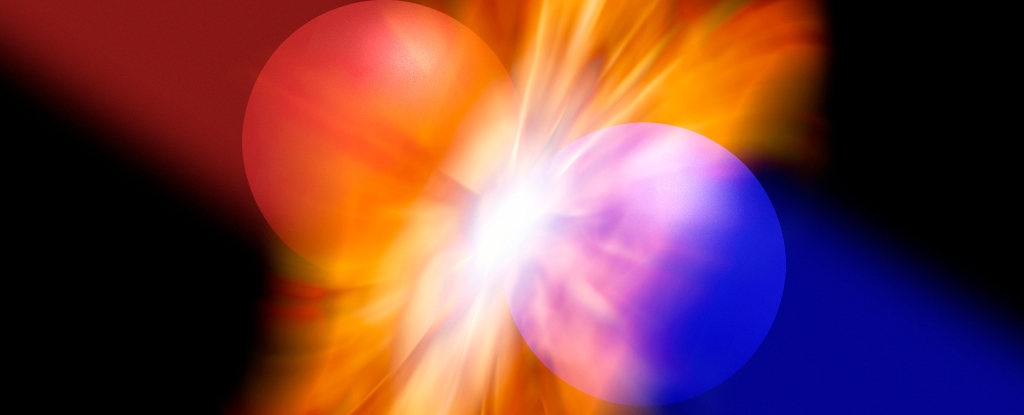ARTICLE AD
LSD can do a lot of things, but not necessarily much for someone’s attention-deficit/hyperactivity disorder. In a recent small clinical trial, microdoses of the psychedelic failed to significantly treat people’s ADHD.
Researchers at the University of Basel in Switzerland conducted the study, published this month in JAMA Psychiatry. In people with ADHD, twice weekly low doses of LSD performed no better than placebo at improving their symptoms. The researchers are careful to note that LSD can still have benefits for other conditions such as depression, however.
Recreational psychedelic drugs like LSD, psilocybin, and 3,4-methylenedioxymethamphetamine (MDMA) have started to show promise in medicine. Several studies have found that these drugs—in doses that clearly produce psychedelic effects—could be used to help treat difficult cases of depression or post-traumatic stress disorder, especially in conjunction with therapy. Some research has also suggested that even taking low doses of LSD, commonly called microdosing, can alleviate ADHD symptoms better than conventional treatments. But the Basel researchers say theirs is the first placebo-controlled trial of its kind to systematically examine this use of LSD.
The Phase IIa trial involved 53 people with diagnosed ADHD between the ages of 18 and 65. Over the course of six weeks, half were randomized to either receive a placebo or low doses of LSD twice a week. The dosage was 20 micrograms of LSD—below the recreational dose but at the upper limit of what could be considered microdosing, according to the researchers.
Participants in both groups reported improvements in their ADHD symptoms within two weeks of the study starting, but the LSD group didn’t fare noticeably better than the placebo group. Twenty micrograms of LSD can still cause mild acute psychedelic effects in people, the researchers note, and people who believed they were taking LSD did report a greater improvement than those who believed they were taking a placebo. But mostly everyone reported believing that they were in the LSD group, even in the placebo group, suggesting that the blinding was generally effective.
All in all, the findings point to LSD microdosing not having a tangible pharmacological effect on people’s ADHD symptoms. “The supposed subjective treatment benefit is therefore due to the expectation of a benefit and the placebo effect rather than the actual substance,” said lead study author Lorenz Müller in a statement from the university.
On the positive side, the researchers found that low-dose LSD was generally safe and tolerated. The results also don’t prove that LSD can’t be useful for other conditions, even at smaller doses. But this isn’t the first study to suggest the benefits of microdosing LSD are less substantial than people might assume. And while this study turned out negative, it’s an apt illustration of why placebo-controlled clinical trials are the gold standard for testing drugs.
Given how hopeful people are about the future of psychedelic therapy, rigorous research is all the more important, the study authors say. The discrepancy between their trial and earlier studies of LSD for ADHD “underscores the need for randomized placebo-controlled trials when validly assessing potential benefits of low-dose psychedelics that are likely prone to a placebo response and expectancy bias,” they wrote.

 2 days ago
8
2 days ago
8 

